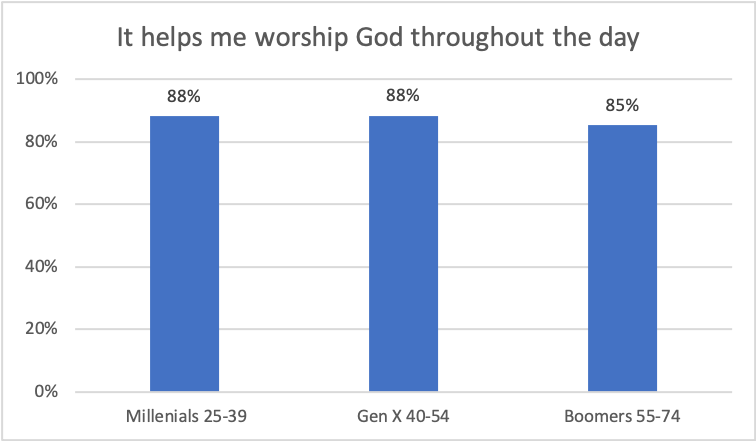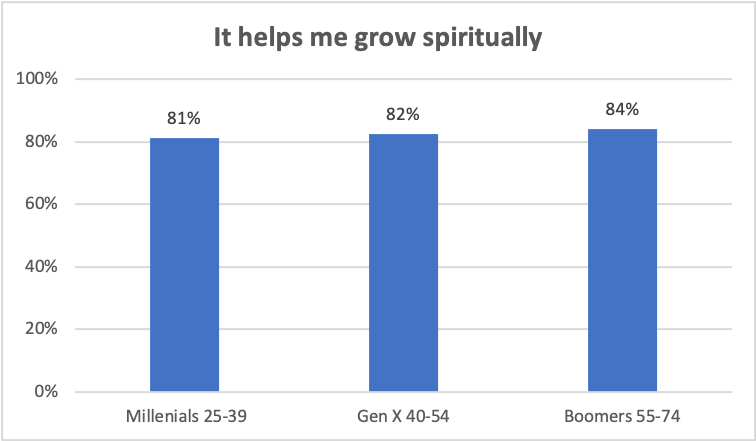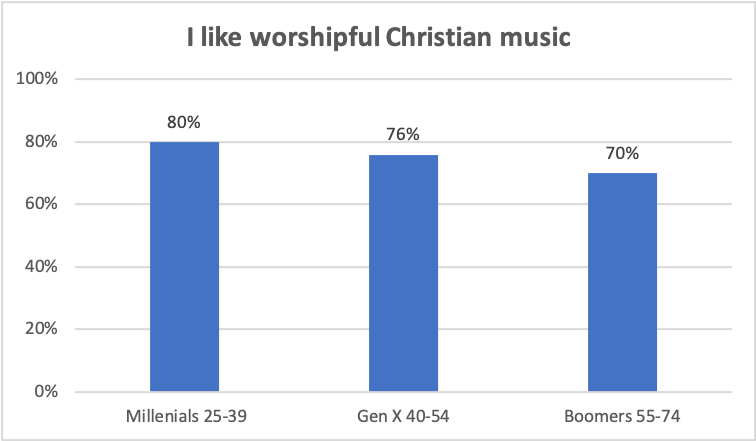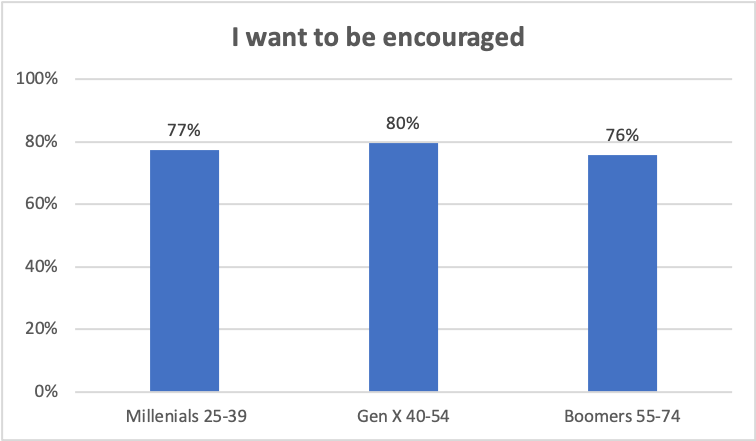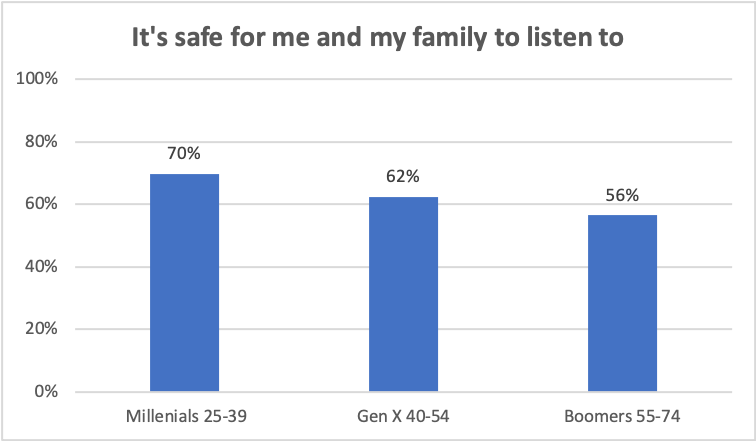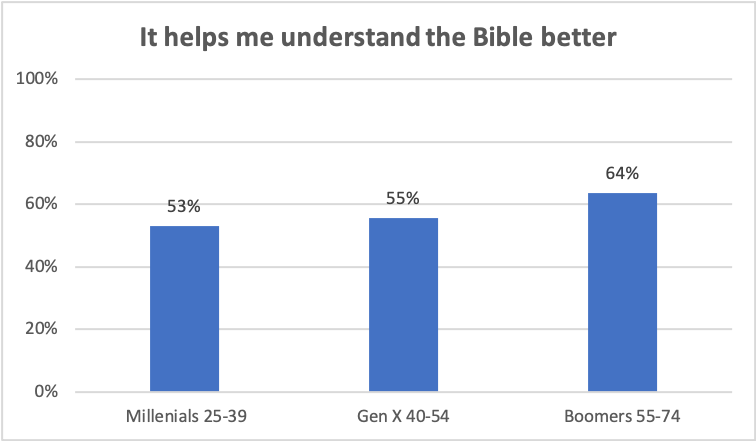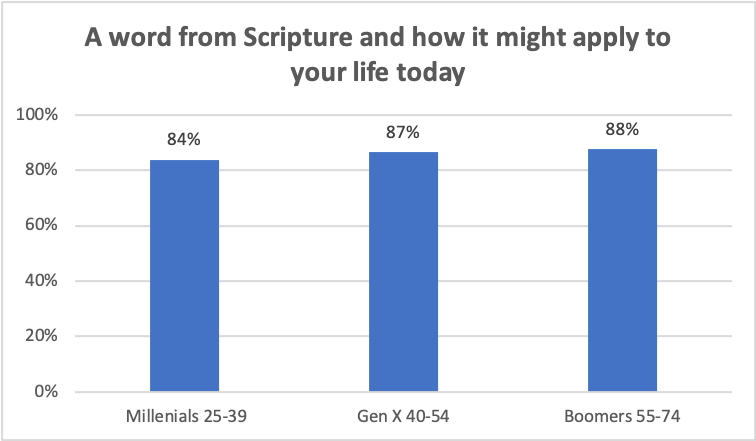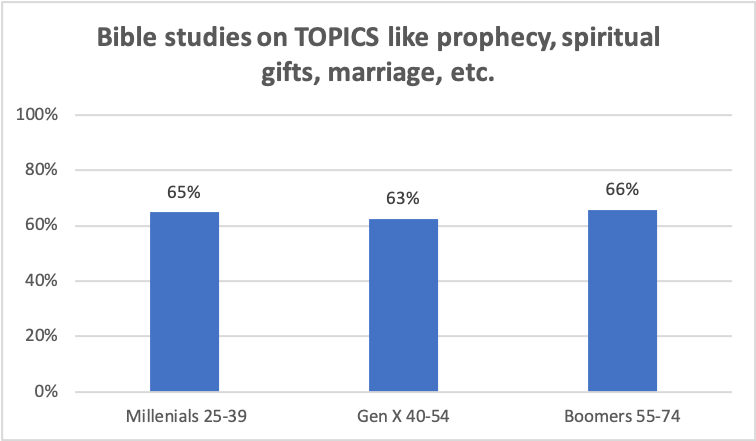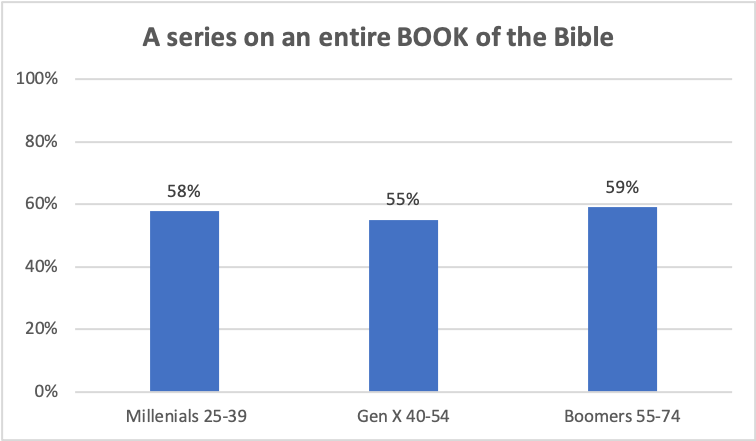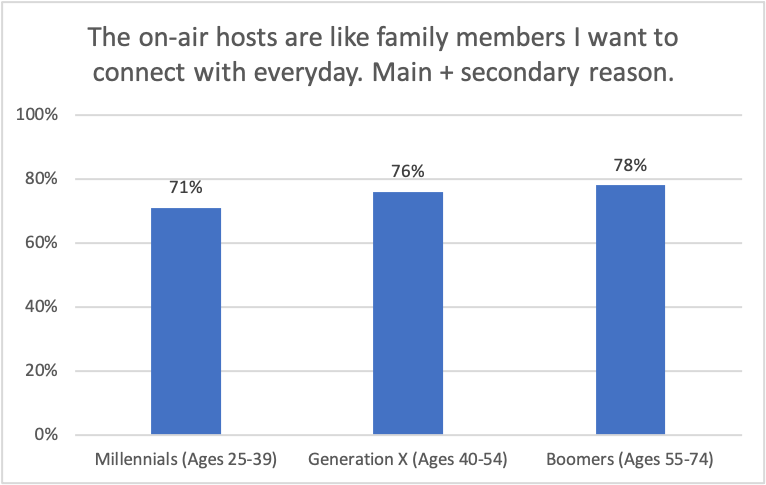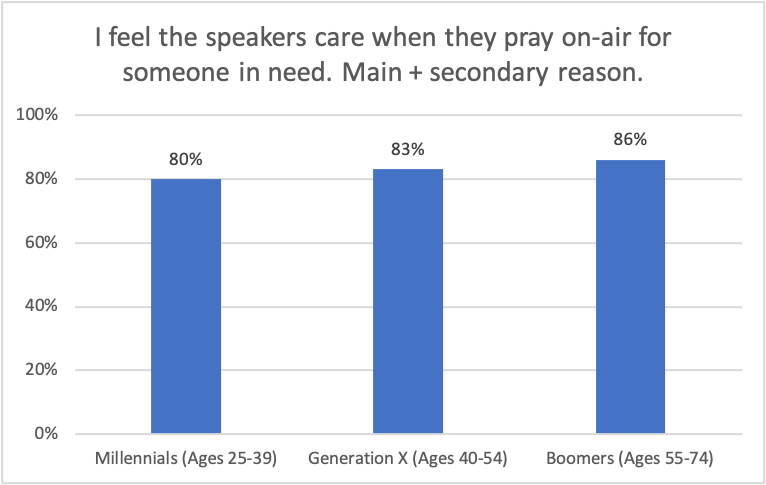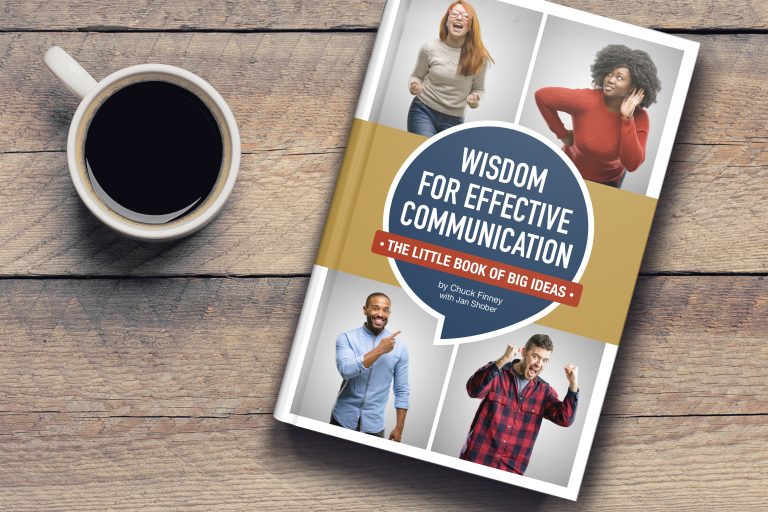…and here’s a story to show you how.
Is it possible we’ve become Charlie Brown’s teacher? Wah-wah-wah. Wah-wah-wah. More noise in an already noisy world?
We’ve finished some research recently that has reinforced two things: When we talk, if we want to be heard and not tuned out or turned off, we must no. 1: say things that connect with her heart/meet her where she is and no. 2: be concise and well edited.
If we don’t aggressively do both of these, we are Charlie Brown’s teacher. Normally this would be the point where I continue to write about how important all of this is. But you’ve heard it all before, haven’t you? Tighten up. Edit. Check every word for meaning.
This month, I decided to share an example instead of just talking about it.
Below is a Christmas story I found online. Over 500 words. Takes over three minutes to tell. Has a sweet twist ending. It’s the kind of story we recommend Christian radio stations use this time of year.
And after the 500+ word version, I’ve put a recommendation of an edit of the same story with the same twist ending. Much shorter. Or just over a minute. A much more consumable length for our short-attention-span-theater listener.
The year our youngest daughter, Shelly, was four, she received an unusual Christmas present.
She was the perfect age for Christmas, able to understand the true meaning of the season, but still completely enchanted by the magic of it. Her innocent joyfulness was compelling and catching – a great gift to parents, reminding us of what Christmas should represent no matter how old we are.
The most highly prized gift Shelly received that Christmas Eve was a giant bubble-maker, a simple device of plastic and cloth the inventor promised would create huge billowing bubbles, large enough to swallow a wide-eyed four-year-old. Both Shelly and I were excited about trying it out, but it was after dark so we’d have to wait until the next day.
Later that night I read the instruction booklet while Shelly played with some of her other new toys. The inventor of the bubble-maker had tried all types of soaps for formulating bubbles and found that Joy dishwashing detergent created the best giant bubbles. I’d have to buy some.
The next morning, I was awakened very early by small stirrings in the house. Shelly was up. I knew in my sleepy mind that Christmas Day festivities would soon begin, so I arose and made my way toward the kitchen to start the coffee. In the hallway, I met my daughter, already wide awake, the bubble- maker clutched in her chubby little hand, the magic of Christmas morning embraced in her four-year-old heart. Her eyes were shining with excitement, and she asked, “Daddy, can we make bubbles now?”
I sighed heavily and rubbed my eyes. I looked toward the window, where the sky was only beginning to lighten with the dawn. I looked toward the kitchen, where the coffee pot had yet to start dripping its aromatic reward for early-rising Christmas dads.
“Shelly,” I said, my voice almost pleading and perhaps a little annoyed, “it’s too early. I haven’t even had my coffee yet.”
Her smile fell away. Immediately I felt a father’s remorse for bursting her bright Christmas bubble with what I suddenly realized was my own selfish problem, and my heart broke a little.
But I was a grown-up. I could fix this. In a flash of adult inspiration, I unshouldered the responsibility. Recalling the inventor’s recommendation of a particular brand of bubble-making detergent — which I knew we did not have in the house — I laid the blame squarely on him, pointing out gently, “Besides, you have to have Joy.”
I watched her eyes light back up as she realized, in less than an instant, that she could neutralize this small problem with the great and wonderful truth she was about to reveal.
“Oh, Daddy,” she promised, with all the honesty and enthusiasm and Christmas excitement she could possibly communicate, “Oh, Daddy, I do.”
I broke records getting to the store, and in no time at all we were out on the front lawn creating gigantic, billowing, gossamer orbs–each one filled with Joy and sent forth shimmering into the Christmas sun. – By Ted A. Thompson
, here’s the shortened version:
Shelly was the perfect age for Christmas, able to understand the true meaning of the season, but still completely enchanted by the magic of it. The most highly prized gift Shelly received that Christmas Eve was a giant bubble-maker, a simple device of plastic and cloth the inventor promised would create huge billowing bubbles, large enough to swallow a wide-eyed four-year-old. Both Shelly and I were excited about trying it out, but it was after dark so we’d have to wait until the next day.
Later that night I read the instruction booklet while Shelly played with some of her other new toys. The inventor of the bubble-maker had tried all types of soaps for formulating bubbles and found that Joy dishwashing detergent created the best giant bubbles. I’d have to buy some.
Morning. Shelly was up. She was already wide awake, bubble-maker clutched in her chubby little hand, her eyes shining with excitement, “Daddy, can we make bubbles now?”
“Shelly, it’s too early. I haven’t even had my coffee yet.”
Her smile fell away. I felt remorse for bursting her Christmas bubble with my own selfish problem. My heart broke.
I could fix this. Recalling that recommendation of a particular brand of bubble-making detergent I said gently, “Besides, you have to have Joy.”
Her eyes lit up as she realized that she could neutralize this small problem with the wonderful truth she was about to reveal.
“Oh, Daddy.” “Oh, Daddy, I do!”
I broke records getting to the store, and in no time we were on the front lawn creating gigantic, billowing bubbles—each filled with Joy sent forth shimmering into the Christmas sun.
Commit to Being Heard
I’m guessing you’ve already seen ways you would have improved the edits I’ve made. Yes! Can we agree, though, that we’re going to have to address being connective and concise if we’re going to be heard through the noisy environments our radio stations and podcasts are heard in?
A Christmas smile for sure—and with meaning. What do you think?

